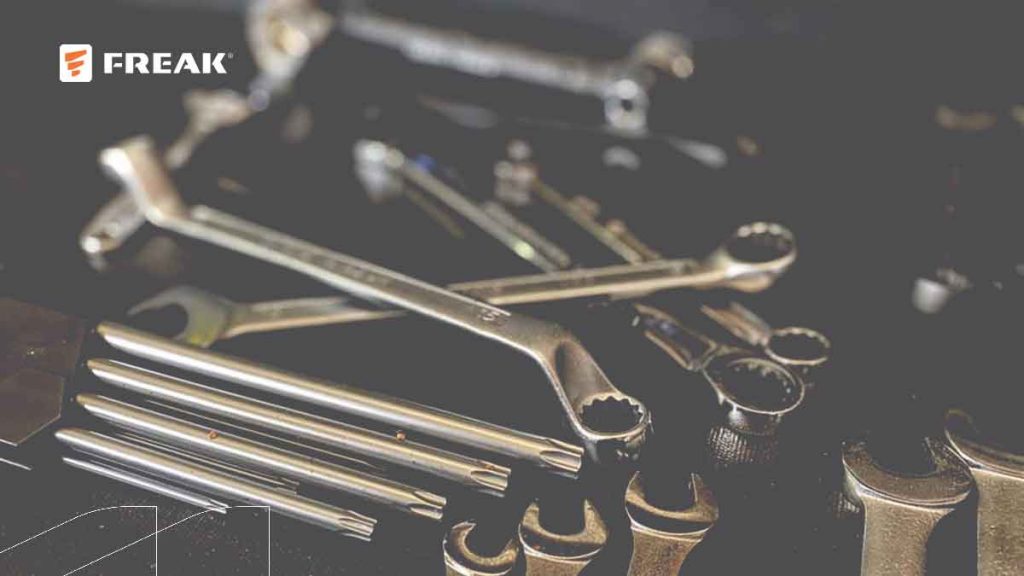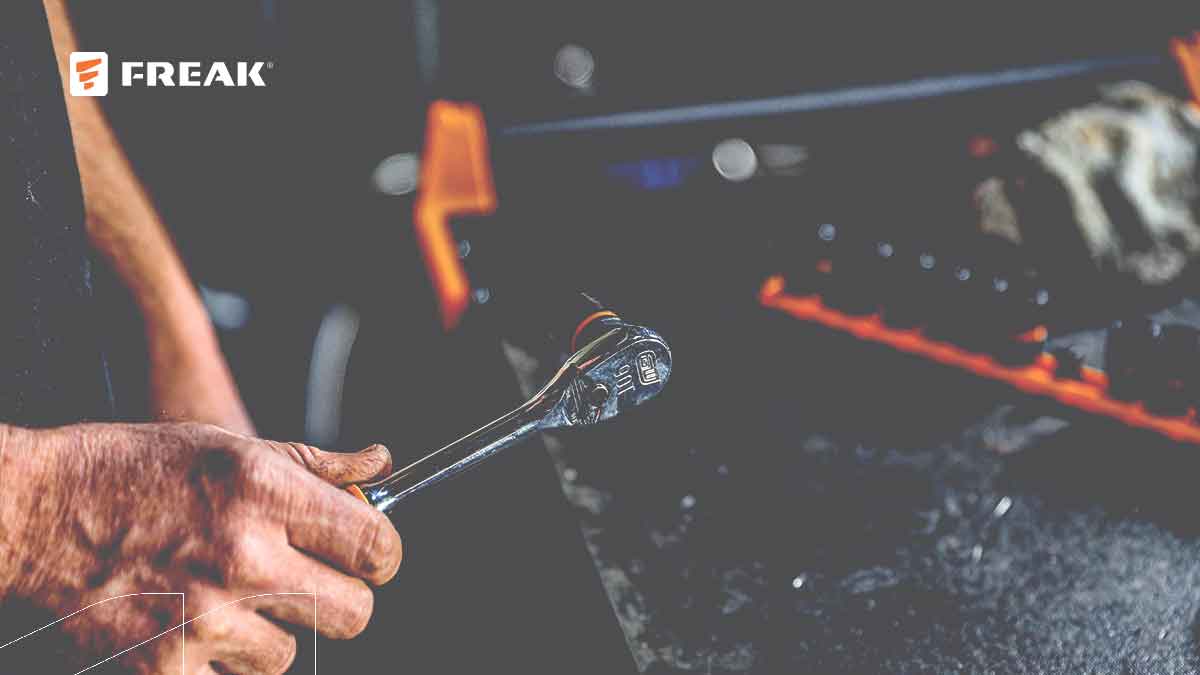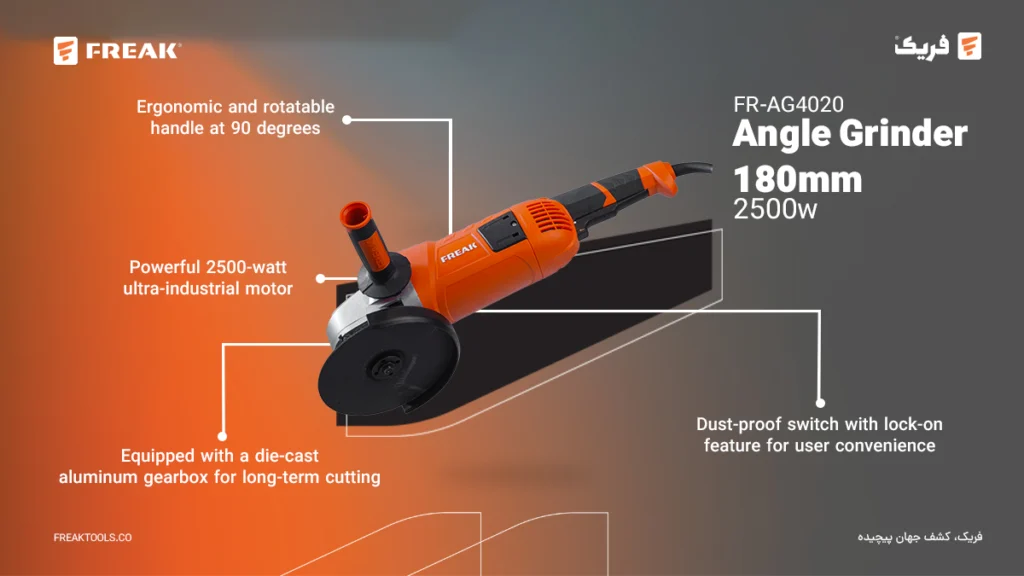What is a Box Wrench? Box wrenches, a fundamental tool in every toolbox, have proven their worth across a myriad of applications. From basic household repairs to intricate mechanical tasks, these versatile tools come in various types, each tailored for specific needs. In this article, we’ll delve into the world of box wrenches, exploring their types, applications, and the art of selecting the right one for the job.
Types of Box Wrenches
Standard Box Wrenches
These are the traditional, non-ratcheting box wrenches, featuring a closed-loop design. Ideal for basic tightening and loosening tasks.
Ratcheting Box Wrenches
Designed for efficiency, these box wrenches incorporate a ratcheting mechanism, allowing users to apply continuous force without repositioning the tool.
Offset Box Wrenches
Perfect for accessing tight spaces, offset box wrenches have angled heads that provide added clearance.
Applications in Automotive Repair
In the realm of auto repair, box wrenches shine. From tightening bolts to loosening nuts, their versatility makes them indispensable in every mechanic’s toolkit. Whether you’re changing oil or working on the transmission, a box wrench is your reliable companion.
DIY Home Projects
Box wrenches aren’t just for professionals; they’re also the go-to tool for DIY enthusiasts. Need to fix a leaky faucet or assemble furniture? A box wrench is the tool for the job, making home repairs a breeze.
Industrial and Mechanical Uses
Industries rely on box wrenches for heavy-duty tasks. From assembling machinery to maintenance work, these tools play a crucial role in ensuring smooth operations. Mechanical engineers often find themselves reaching for box wrenches to tackle intricate components.
Advantages of Using Box Wrenches
Durability and Long Lifespan
Box wrenches, typically made from high-quality materials, boast exceptional durability, providing users with a tool that withstands the test of time.
Versatility in Various Settings
Whether in the garage, at a construction site, or in a manufacturing facility, box wrenches prove their adaptability, making them a must-have for professionals and hobbyists alike.
Ease of Use and Convenience
The straightforward design of box wrenches ensures ease of use. No need for complicated adjustments or intricate setups—grab the right size, and you’re ready to work.
Zero to 100 Applications Explained

Let’s break down the applications of box wrenches from zero to one hundred. Starting with the basics—tightening loose bolts on a bicycle—to the advanced—precision work on aerospace components, box wrenches cover the entire spectrum of mechanical tasks.
- Bicycle Repairs
- Adjusting handlebars and pedals
- Tightening bolts on the frame
- Automotive Maintenance
- Changing spark plugs
- Adjusting brake calipers
- Household Plumbing
- Fixing leaky faucets
- Installing or removing pipes
- Furniture Assembly
- Tightening screws on chairs and tables
- Assembling bed frames
- Construction Projects
- Joining structural components
- Tightening nuts and bolts on scaffolding
- Appliance Repairs
- Fixing loose handles on appliances
- Tightening connections in electronic devices
- Mechanical Engineering
- Precision work on machinery
- Assembling and disassembling complex components
- Aerospace Applications
- Fine-tuning components in aircraft
- Ensuring precision in aerospace engineering
Choosing the Right Box Wrench for the Job
Selecting the appropriate box wrench is crucial for efficient and safe work. Consider the following factors to ensure you’re using the right tool for the task at hand:
- Size Matters: Choose a box wrench that fits the nut or bolt snugly to avoid slippage.
- Type of Wrench: Select between standard, ratcheting, or offset based on the specific requirements of your job.
- Material: Opt for high-quality materials to ensure longevity and durability.
Maintenance and Care Tips
To prolong the life of your box wrenches, follow these maintenance and care tips:
- Proper Storage: Keep your box wrenches organized in a toolbox or hanging on a pegboard to prevent damage.
- Cleaning: Regularly clean the wrenches to remove dirt and debris.
- Lubrication: Apply a thin layer of lubricant to moving parts to prevent rust and ensure smooth operation.
Box Wrench Innovation
The world of tools is continually evolving, and box wrenches are no exception. Recent innovations include ergonomic designs, anti-slip features, and materials that enhance durability. Stay tuned for the latest advancements to make your work even more efficient.
User Safety Considerations
While box wrenches are user-friendly, safety should always
be a priority. Here are some tips to ensure a safe working environment:
- Wear Protective Gear: Use safety gloves and eyewear when working with box wrenches.
- Avoid Improper Extensions: Don’t use makeshift extensions that can compromise the tool’s effectiveness.
- Secure Work Area: Ensure a stable and secure work area to prevent accidents.
Comparisons with Other Wrench Types
In comparison to open-end wrenches, box wrenches offer advantages in specific situations. While open-end wrenches provide a quick grip, box wrenches offer better torque and stability, making them suitable for tasks requiring precision and force.
DIY Box Wrench Projects
Looking for creative ways to use your box wrenches? Here are some DIY projects to try:
- Custom Furniture Design
- Craft unique furniture pieces using box wrenches for assembly.
- Garden Tool Maintenance
- Tighten and maintain your garden tools with the help of box wrenches.
- Bicycle Modification
- Upgrade your bicycle with custom modifications using box wrenches.
Real-life Success Stories
Discover how individuals have overcome challenges using box wrenches:
- Roadside Rescue
- A stranded motorist fixes a loose part with a trusty box wrench, saving the day.
- Home Improvement Triumph
- A homeowner successfully tackles a plumbing issue with a simple box wrench.
Conclusion
In conclusion, box wrenches are the unsung heroes of the toolbox, catering to a wide range of applications. From basic home repairs to intricate industrial tasks, these tools offer durability, versatility, and ease of use. As you explore the world of box wrenches, remember the importance of choosing the right tool for the job, practicing proper maintenance, and prioritizing safety.
FAQs
- Q: Can I use a box wrench on any type of bolt?
- A: While box wrenches are versatile, it’s essential to use the right size and type for the specific bolt or nut you’re working on.
- Q: What makes ratcheting box wrenches different from standard ones?
- A: Ratcheting box wrenches have a mechanism that allows continuous turning without removing the wrench, making them more efficient for repetitive tasks.
- Q: Are box wrenches suitable for plumbing repairs?
- A: Yes, box wrenches are commonly used in plumbing repairs, such as fixing leaky faucets and tightening or loosening pipes.
- Q: Can box wrenches be used in precision engineering?
- A: Absolutely. Box wrenches, especially in smaller sizes, are perfect for precision work in mechanical and aerospace engineering.
- Q: How often should I clean and lubricate my box wrenches?
- A: It’s good practice to clean and lubricate your box wrenches regularly, especially after heavy use, to ensure optimal performance and longevity.


